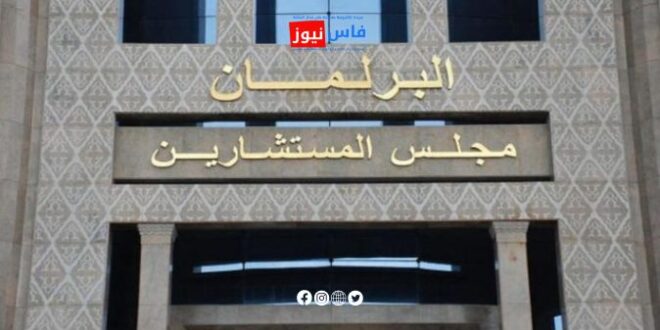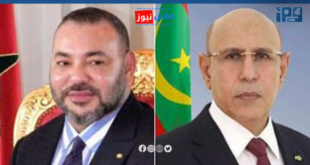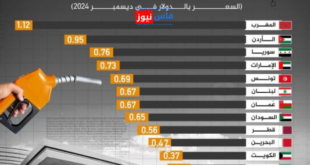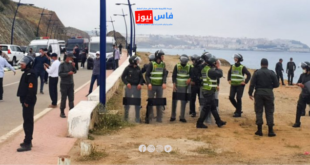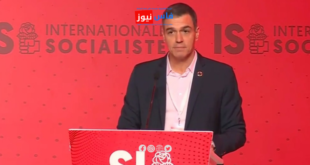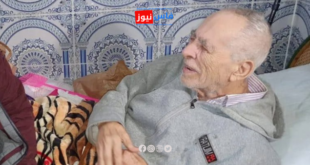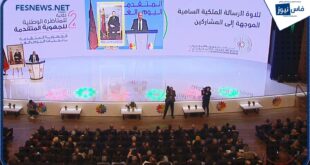The new composition of the office of the Moroccan House of Councillors has sparked widespread controversy in political and human rights circles, following the revelation of a complete absence of women in the council’s leadership positions.
The newspaper “Al-Ahdath Al-Maghribia” reported that the second chamber of the Moroccan parliament may face what it described as a “major constitutional misstep” regarding the representation of women in its main bodies.
According to the same source, it has been confirmed that female parliamentary councillors are entirely absent from the council’s office, as parliamentary groups have reached an agreement on the distribution of vice-presidential positions according to the proportional representation of each group.
The report indicated that five parliamentary councillors, all of them male, have obtained the positions of vice-presidents, raising questions about the extent of the council’s commitment to the principles of equality and equal opportunities between genders.
This development comes at a time when the Kingdom of Morocco is seeking to enhance the role of women in political and public life, and in light of constitutional and legal obligations calling for ensuring fair representation of women in various state institutions.
Political and civil circles are awaiting the results of elections for the rest of the House of Councillors’ bodies, hoping to address this imbalance and ensure better representation of women in leadership positions within the council.
This issue is expected to spark a wide debate about mechanisms to enhance women’s participation in political decision-making, and the need to take concrete measures to ensure balanced gender representation in legislative and executive institutions in Morocco.
 فاس نيوز ميديا جريدة الكترونية جهوية تعنى بشؤون و أخبار جهة فاس مكناس – متجددة على مدار الساعة
فاس نيوز ميديا جريدة الكترونية جهوية تعنى بشؤون و أخبار جهة فاس مكناس – متجددة على مدار الساعة

